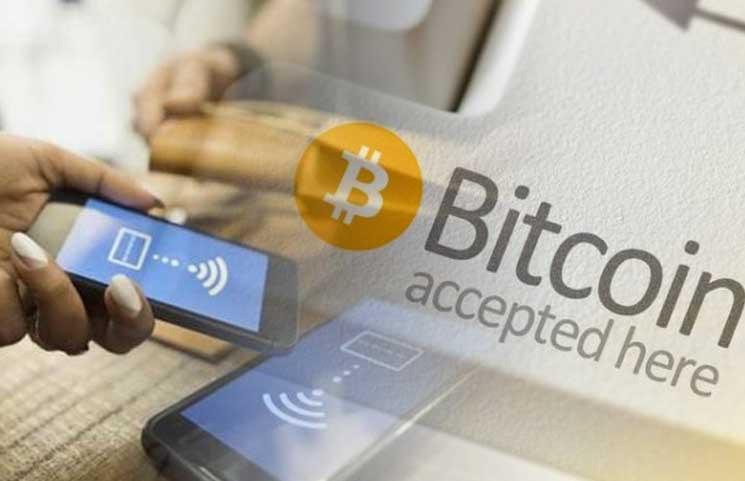Blockchain technology has taken the world by storm, promising a revolution in everything from supply chain management to voting systems. One area garnering significant attention is its potential to transform the way we pay. But as with any emerging technology, myths and misconceptions abound. So, before you jump on the blockchain payment gateway bandwagon for your payments, let's bust some common myths and equip you with the facts:
Myth 1: Blockchain payments are anonymous.
While blockchain offers a degree of pseudonymity compared to traditional systems, complete anonymity is rarely achieved. Every transaction is recorded publicly on the blockchain, though user identities are often linked to cryptographic addresses instead of names. This lack of true anonymity raises concerns about privacy and regulation.
Myth 2: Blockchain payments are instant and free.
While faster than traditional bank transfers, blockchain transactions aren't instantaneous. They require validation by network participants, taking minutes or even hours depending on the specific blockchain used. Additionally, processing fees, though lower than credit card fees, still exist and can fluctuate based on network demand.
Myth 3: Blockchain payments are immune to fraud.
While the distributed ledger technology makes tampering incredibly difficult, fraud isn't entirely eliminated. Errors, vulnerabilities in smart contracts, and social engineering scams still pose risks. Additionally, stolen cryptocurrency cannot be reversed, unlike traditional transactions.
Myth 4: Blockchain payments are only for tech-savvy individuals.
The technology is evolving, and user interfaces are becoming more user-friendly. However, a basic understanding of blockchain principles and cryptocurrency wallets is still beneficial for navigating the ecosystem.
Myth 5: Blockchain payments will replace traditional systems entirely.
It's more likely that we'll see a hybrid approach, with blockchain complementing existing systems for specific use cases. Traditional payment methods still offer advantages, such as wider merchant acceptance and dispute resolution mechanisms.
So, what do you need to know about blockchain payments?
- They offer improved security and transparency: Records are immutable and publicly verifiable, reducing fraud and promoting trust.
- They have the potential for faster and cheaper cross-border transactions: Eliminating intermediaries can streamline processes and lower fees.
- They are still in their early stages of development: Scalability, regulatory clarity, and user adoption remain challenges.
Before integrating blockchain payments into your business or personal finances, consider these factors:
- Your specific needs and goals: Understand how blockchain can address your pain points and align with your objectives.
- The chosen blockchain platform: Different platforms offer varying features, fees, and transaction speeds.
- Regulatory landscape and compliance requirements: Ensure your activities comply with relevant regulations.
- Security best practices: Implement robust security measures to protect your funds and data.
Blockchain payments offer exciting possibilities, but it's crucial to approach them with a clear understanding of both their potential and limitations. By busting the myths and doing your research, you can make informed decisions about whether this technology is right for you.


